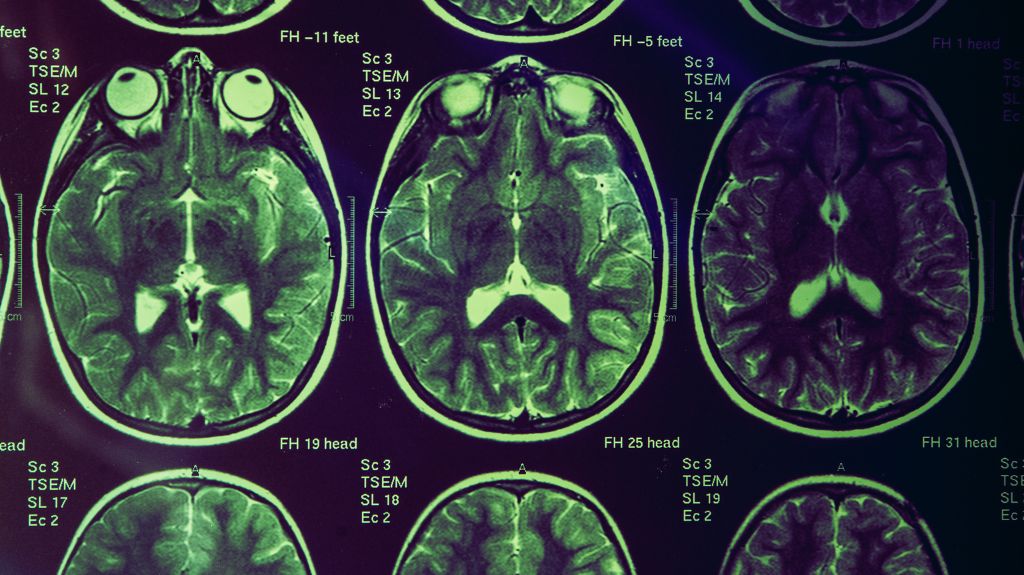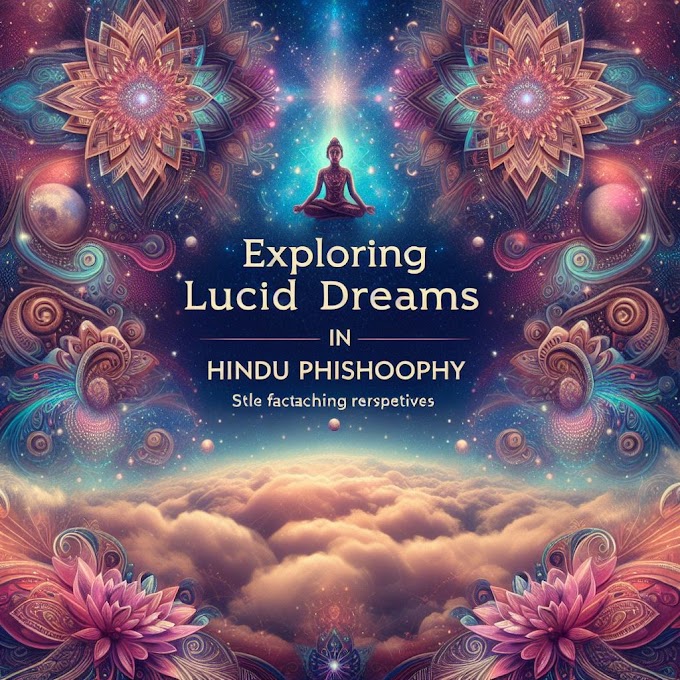Have you ever had a dream in which you were fully aware that you were dreaming? Well, that's what we call lucid dreaming! But how was lucid dreaming discovered? Let's dive into the fascinating history of lucid dreaming.
How Was Lucid Dreaming Discovered?
The term "lucid dreaming" was coined in the early 20th century by Dutch psychiatrist and author Frederik van Eeden. But let me tell you that the concept of waking up in dreams has been going on for centuries. In fact, the practice of Dream Yoga is mentioned in ancient Buddhist and Hindu texts. Many methods have been given in those texts to become aware in dreams and to control them.
Despite its long history, lucid dreaming did not receive much scientific attention until the 1970s. It was during this time that psychologist Keith Harney and his student Alan Worsley conducted an important study on lucid dreaming.
Experiment On Lucid Dreaming
Hearne told Worsley that when you enter a lucid dream, you should signal me by moving your eyes (left to right). Using an electrooculogram (EOG), Hearne was able to confirm that Worsley was indeed lucid dreaming during the experiment. (EOG is a device that records eye movements). This was the first time that lucid dreaming was scientifically proven!
Since then, many researchers have investigated lucid dreaming and studied its potential benefits. One of the most interesting findings is that lucid dreaming actually improves waking life performance.
A study by German psychologists found that participants who practiced lucid dreaming for two weeks experienced significant improvements in their cognitive skills.
What Happens in the Brain During Lucid Dreams?
But what exactly happens in the brain during lucid dreaming? Well, studies have shown that the prefrontal cortex, the part of the brain responsible for decision-making and self-awareness, becomes more active during lucid dreaming. This suggests that there is a heightened level of self-awareness involved in being aware of your dream state.
Importance of Lucid Dreaming
So, why should we value lucid dreaming? For everyone, it can be a lot of fun! Who wouldn't want to fly or explore a fantasy world while sleeping? But beyond that, lucid dreaming also has potential applications in medicine and personal development.
Fear in a lucid dream can be faced in a very safe environment. You can overcome your deepest mental fears and disorders. For example, if you are unable to solve any problem in your waking life, then you can find the solution to that problem in your dream.
Conclusion
Ever since the discovery of lucid dreaming, our approach to reality has changed. Ancient Hindu and Buddhist texts were telling us long ago that even the dream state can give us a lot of knowledge. Our dreams are not just to be seen and forgotten. The dream has its own existence and it is very important to know the dream as a dream.
From ancient dream yoga to modern scientific study, the allure of lucid dreaming continues to grow.
As researcher Daniel Erlacher put it, "Lucid dreaming is a fascinating phenomenon and provides an excellent opportunity to study consciousness."
So, next time you have a vivid dream, try to take control and see where it takes you!

.png)


.png)







